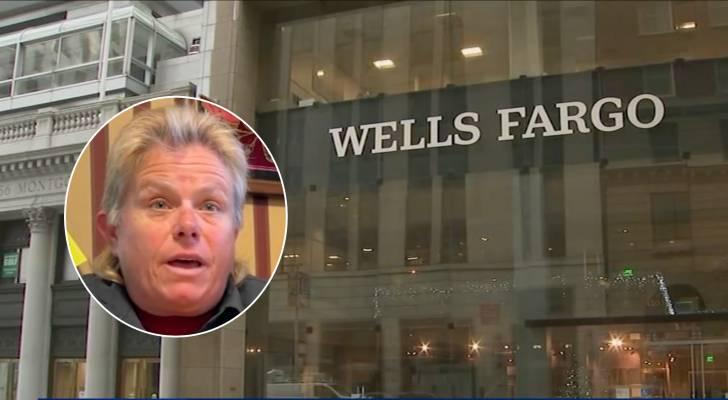Victoria Vesovski
5 min read
Americans have long grumbled about tipping culture — but now digital checkout screens are turning that frustration into full-blown financial disasters.
Sometimes, the issue isn’t just pressure to tip — it’s how easy it is to make a costly mistake. One in five Americans say they’ve accidentally tipped more than intended on digital checkout screens, according to an exclusive Opinium poll for DailyMail.com on tipping culture.
-
Thanks to Jeff Bezos, you can now become a landlord for as little as $100 — and no, you don't have to deal with tenants or fix freezers. Here's how
-
I'm 49 years old and have nothing saved for retirement — what should I do? Don't panic. Here are 5 of the easiest ways you can catch up (and fast)
-
Nervous about the stock market in 2025? Find out how you can access this $1B private real estate fund (with as little as $10)
That’s exactly what happened to Linda Mathiesen. While buying CBD pain relief gel at a store in San Bruno, California, she accidentally tipped $5,000 on a $129.28 purchase.
Mathiesen said she meant to leave a $5 tip, but the payment terminal didn’t show a decimal point, so when she entered “5000,” the system took it — literally.
At first, the clerk at San Bruno Exotic told her the charge couldn’t be reversed. Then the story shifted — he claimed the shop never received the money. But Mathiesen’s bank statement showed otherwise.
“I’m just livid because I’m like I’m not going to pay $5,000 for something I never intended to happen,” Mathiesen told ABC 7 News.
For Mathiesen, a $5,000 tipping mistake wasn’t just a moment of panic — it became a financial crisis. As a special education teacher living on a fixed income, she didn’t have the cushion to absorb the hit. With no emergency savings to fall back on, the charge was devastating.
And she’s not alone. According to the U.S. News survey, 42% of Americans have no emergency savings, despite experts recommending three to six months’ worth of expenses.
Mathiesen contacted Wells Fargo within five minutes of the transaction, but says the bank has done little to help, despite its promise of “zero liability protection” for promptly reported fraud.
The bank’s website says its “built-in protection features ensure that you won't be held responsible for unauthorized transactions, as long as they're reported promptly.” Yet, a year later, Mathiesen is still fighting to get the charge reversed.
"I busted out in tears,” she told ABC 7 News. "My son is graduating college next week ... and I can't even buy anything for him because I have $5,000 outstanding ... now it's $5,500!"




